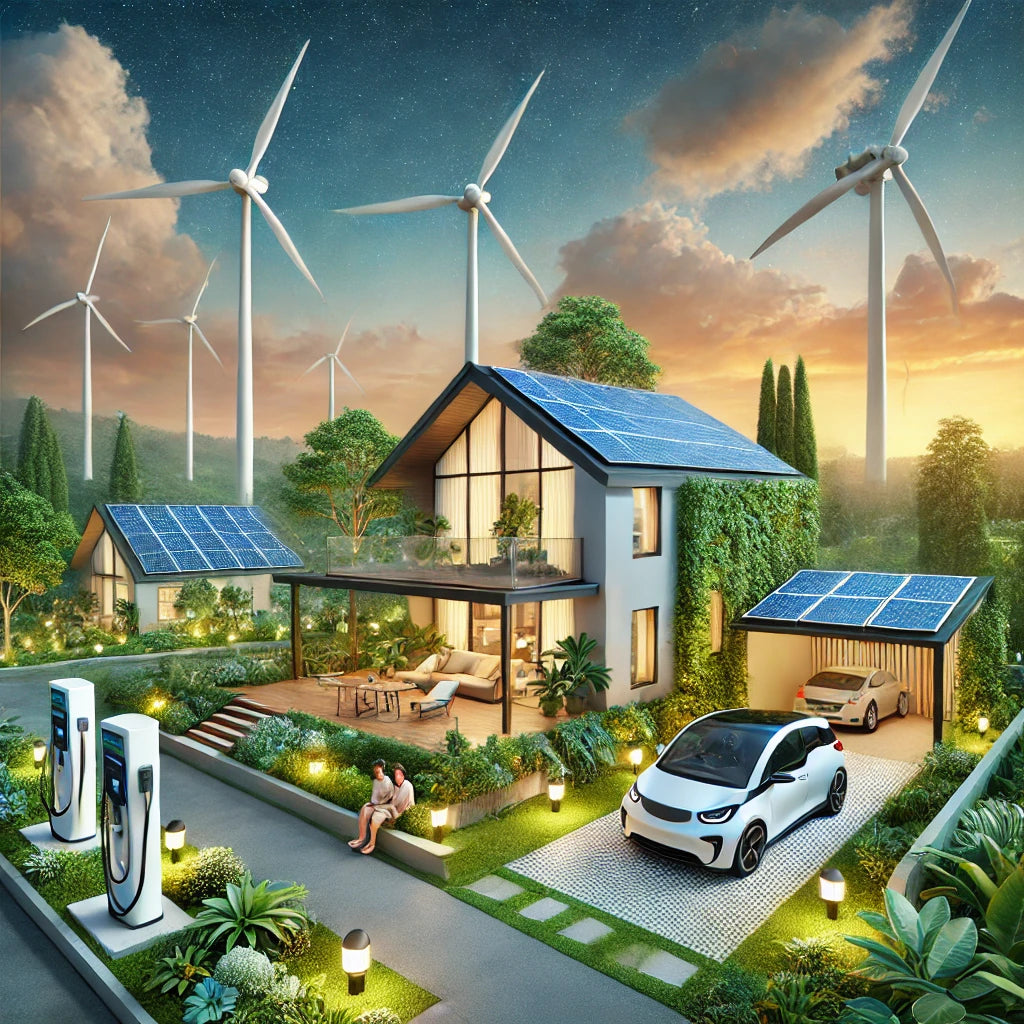
Conservation: A Guide to Energy Preservation
What is Conservation of Energy?
Conservation of energy is a principle that explains how energy is never truly lost but rather transformed from one form to another. In other words, energy can’t be created or destroyed; it simply changes forms. This principle is foundational in physics, impacting everything from the movement of cars to the power we use in our homes and industries. Understanding how to preserve, utilize, and efficiently transform energy can help us conserve natural resources, reduce costs, and mitigate environmental damage.
Why is Conservation Important?
Conserving energy is crucial for both environmental and economic reasons. It can lower greenhouse gas emissions, reduce dependency on fossil fuels, and help sustain natural resources for future generations. Moreover, by adopting energy-saving practices, businesses and individuals alike can save on utility costs and contribute to global environmental goals.
Benefits of Conservation of Energy
Environmental Impact
When we conserve energy, we reduce the demand for natural resources such as coal, oil, and gas. This decreases the emissions of pollutants and greenhouse gases, helping to slow climate change. Furthermore, conserving energy lessens the strain on ecosystems that are often impacted by resource extraction.
Economic Savings
Energy conservation also has financial benefits. By lowering energy consumption, individuals and businesses can reduce their utility bills and operating costs. Over time, these savings can add up, freeing resources for other investments or priorities.
Enhancing Sustainability
Using energy wisely promotes sustainability. Renewable energy sources, such as wind and solar, offer a sustainable alternative, but conserving energy ensures we’re not overloading these systems. Conservation enables us to meet today’s needs without compromising the ability of future generations to meet theirs.
Actionable Ways to Conserve Energy
There are simple, practical ways to incorporate energy conservation into everyday life. Here’s how you can start making a difference:
1. Use Energy-Efficient Appliances
Modern appliances often come with energy ratings. Opt for ones with high efficiency, such as LED bulbs and Energy Star-rated electronics, which consume significantly less power than conventional models.
2. Limit Usage During Peak Hours
Many energy companies charge more during peak hours. By using heavy appliances like washing machines or dishwashers during off-peak hours, you can cut down on your energy bill.
3. Insulate Your Space
Proper insulation prevents heat from escaping during winter and keeps your home cool in summer, reducing the need for heating and cooling systems.
4. Unplug Electronics
Even when turned off, electronics can consume power if left plugged in. Unplugging devices when not in use is a small step that can make a big impact over time.
5. Adopt Renewable Energy Sources
Switching to renewable energy options like solar panels or wind energy is a great way to conserve resources. While it requires an initial investment, the long-term benefits are worth it.
Conservation of Energy in Daily Life
The idea of conservation might seem technical, but it applies to our daily lives in more ways than we think. For example:
- Commuting: Carpooling, using public transport, or biking reduces fuel consumption.
- Workplaces: Turning off lights, machines, and computers when they’re not in use can save significant amounts of energy.
- Schools: Educating students about conservation encourages them to adopt energy-saving practices early on.
The Role of Businesses in Conservation
Conservation isn’t just for individuals; businesses play a significant role in energy preservation. By adopting sustainable practices, companies can reduce their operational costs and positively impact the environment.
-
Implementing Efficient Production Processes
Many businesses now invest in technologies that optimize energy use in production. For instance, automated systems can reduce waste and improve resource efficiency. -
Green Certifications
Certain certifications, like LEED (Leadership in Energy and Environmental Design), encourage businesses to meet energy conservation standards, enhancing their reputation while contributing to environmental protection. -
Employee Training Programs
Companies can train employees to adopt energy-saving practices, such as shutting down equipment and using efficient lighting.
FAQs
1. What is the primary goal of energy conservation?
The primary goal is to reduce the demand for energy resources, decrease environmental impact, and promote sustainability.
2. How does conservation impact the environment?
Conservation reduces greenhouse gas emissions, decreases pollution, and helps protect natural ecosystems by reducing the need for resource extraction.
3. Can businesses save money through conservation?
Yes, businesses can significantly reduce operational costs by using energy-efficient processes, which ultimately contribute to cost savings and environmental benefits.
4. Is conservation only about saving electricity?
No, conservation applies to all resources, including water, fuel, and materials. The goal is to use resources wisely and reduce waste across various domains.
5. How can I start conserving energy at home?
Start by switching to energy-efficient appliances, reducing peak-hour usage, insulating your home, unplugging unused electronics, and exploring renewable energy options like solar panels.
Conclusion
Conserving energy isn’t just a choice—it’s a necessity for a sustainable future. By understanding and implementing conservation practices, we can protect the environment, save resources, and reduce costs. Whether at home, school, or work, each of us has a role to play. Small steps can lead to big changes, making a lasting impact for generations to come.